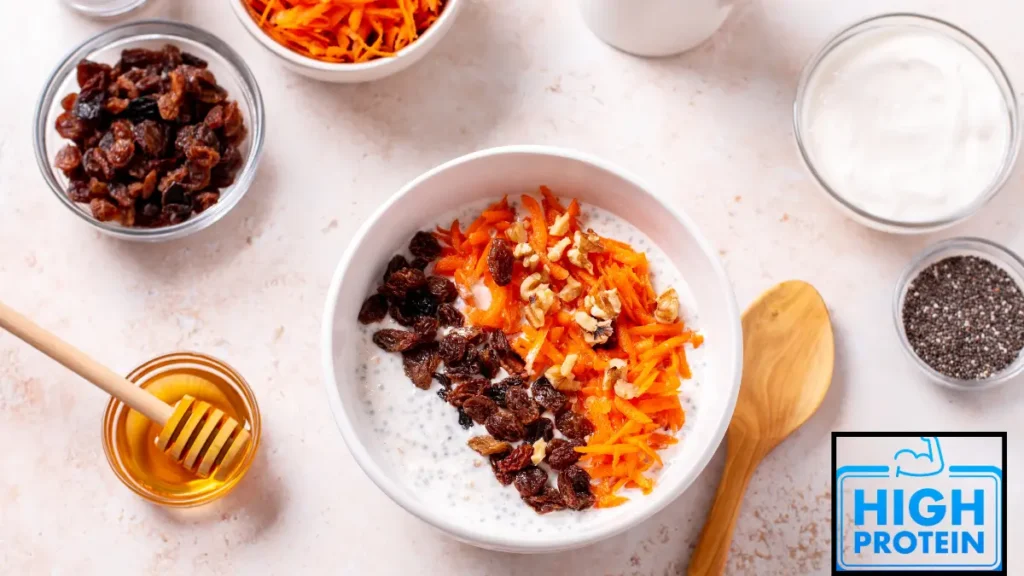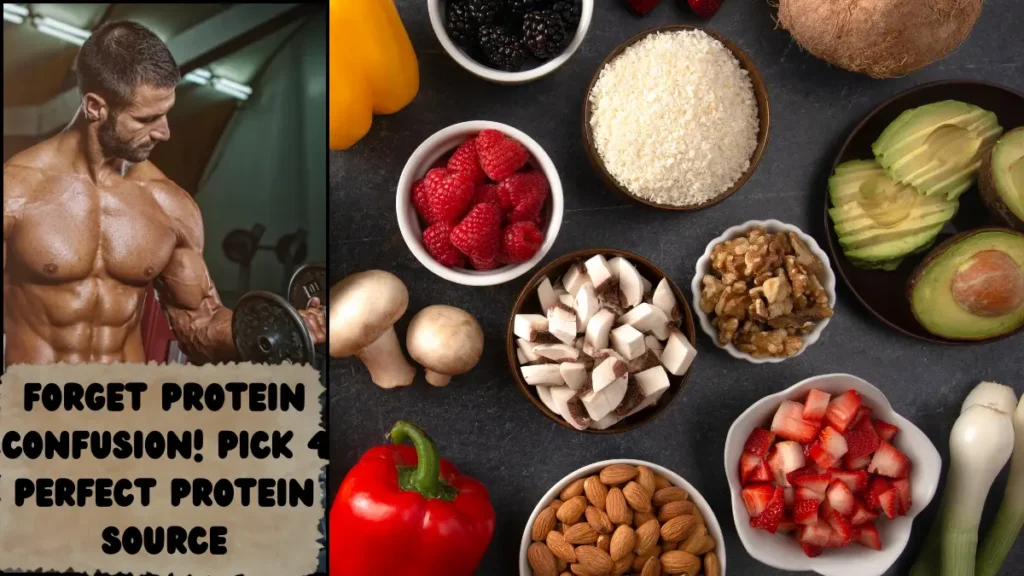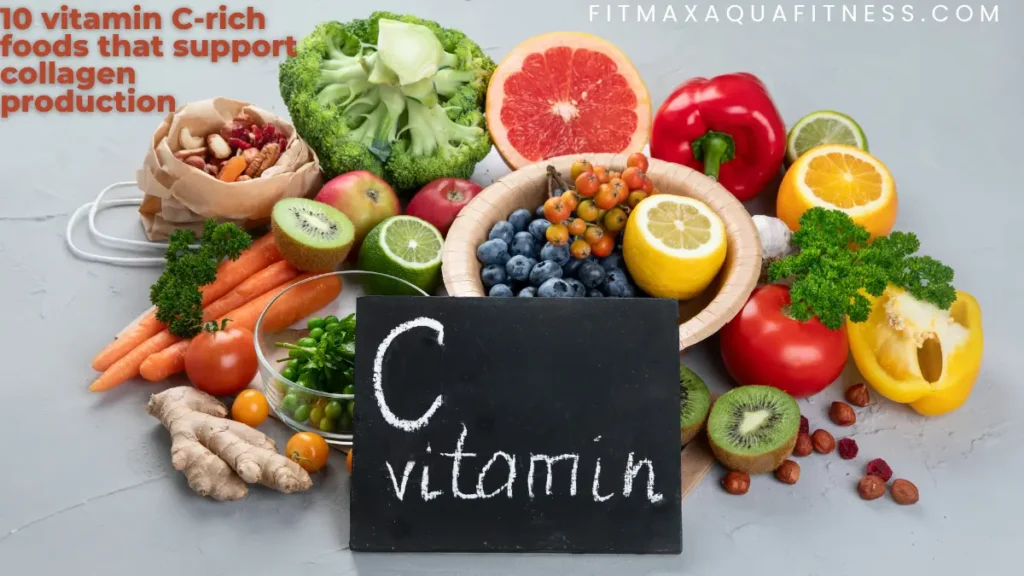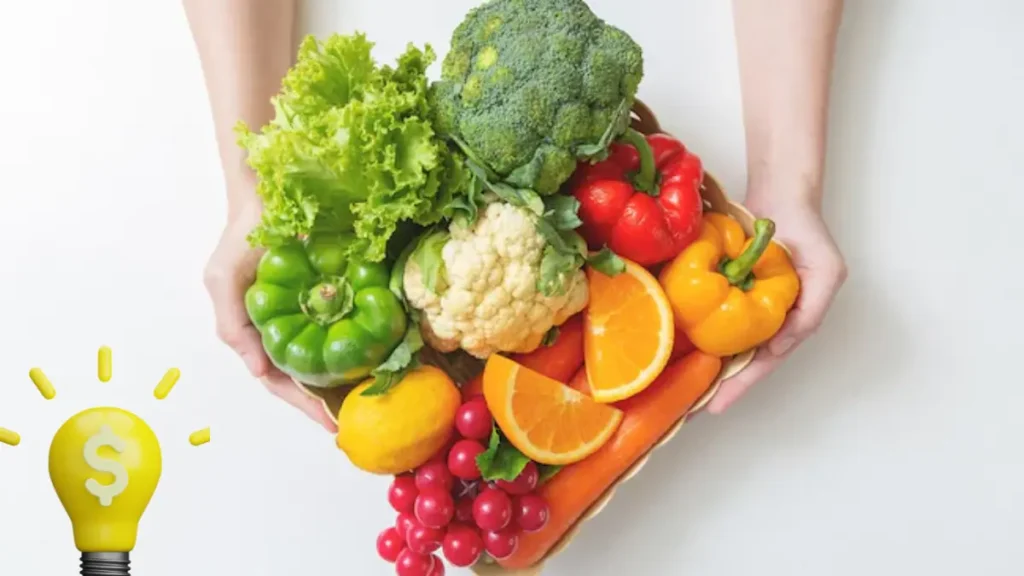Table of Contents
Toggle
Introduction
Ultra-processed foods have become an undeniable part of modern diets, characterized by their high degree of industrial processing. These products often contain additives such as preservatives, artificial flavors, and sweeteners that enhance flavor but compromise nutritional value. Their prevalence can be attributed to several factors:
- Convenience: Busy lifestyles make quick and easy meals increasingly attractive.
- Marketing: Aggressive advertising strategies create a perception of desirability.
- Affordability: Often cheaper than whole foods, ultra-processed options are more accessible.
Understanding the impact of ultra-processed foods on our health is crucial. Research indicates that they make up 60-90% of the American diet, raising significant concerns about nutrition and health risks associated with their consumption. Studies consistently link these foods to serious health issues such as obesity, diabetes, heart disease, and certain cancers. As consumers become more aware of these dangers, recognizing the importance of making informed dietary choices is essential for promoting long-term well-being. Prioritizing whole foods over ultra-processed options can lead to healthier lifestyles and improved public health outcomes.
1. Ultra-Processed Foods: A Disturbing Dominance in the American Diet
Ultra-processed foods have become alarmingly prevalent in the American diet, constituting as much as 60-90% of our total food consumption. This concerning trend raises doubts about the nutritional value of these foods and the adverse effects they may have on our well-being.
Key Statistics on Ultra-Processed Foods:
- Magnitude of Consumption: These products, which encompass sugary snacks, instant meals, and carbonated beverages among others, contribute significantly to the daily calorie intake of an average American.
- Impact on Eating Habits: An overreliance on ultra-processed foods often results in unhealthy dietary patterns, characterized by insufficient fiber intake and excessive consumption of added sugar and unhealthy fats.
However, the consequences extend beyond individual health concerns. There exists a clear link between increased consumption of ultra-processed foods and higher rates of chronic diseases such as obesity, diabetes, and heart disease. Given their substantial presence in our everyday diets, these foods contribute to a vicious cycle of health problems that adversely affect both individuals and our healthcare system as a whole.
Addressing this issue and safeguarding public health necessitate comprehending the pervasiveness of ultra-processed foods in our diets. Only by recognizing the scope of the problem can we begin making essential changes to adopt healthier eating habits. To further emphasize this concern, recent research has indicated that these foods pose a significant health risk, including weight gain.
2. The Alarming Link Between Ultra-Processed Foods and Serious Health Risks
Research shows that ultra-processed foods are strongly associated with major health risks. Many studies have highlighted how these foods can harm our overall well-being, especially when it comes to chronic diseases.
Here are some key findings:
- Cancer: A large study published in the BMJ found a clear connection between consuming a lot of ultra-processed foods and having a higher risk of ovarian and breast cancer.
- Heart Disease: Research published in the American Journal of Clinical Nutrition suggests that eating a diet high in ultra-processed foods is linked to a greater chance of developing heart disease. People who took part in the study had higher levels of cholesterol and blood pressure.
- Diabetes: An extensive analysis showed that regularly eating ultra-processed foods significantly increases the chances of getting type 2 diabetes. This is because these foods often contain added sugars, unhealthy fats, and preservatives that can disrupt our metabolism.
These shocking numbers highlight how important it is for us to be more mindful of what we eat. If we consume a large amount of ultra-processed foods, there could be serious long-term consequences for our health. By understanding these connections, we can make better choices about our diet and prioritize our well-being.
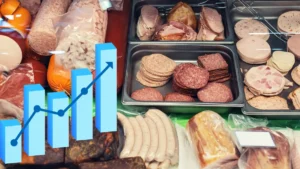
3. How Ultra-Processed Foods Contribute to Nutritional Deficiency: Unveiling the Unhealthy Truth
Ultra-processed foods are often loaded with unhealthy ingredients that make them less nutritious. These products go through a lot of processing, which removes important nutrients that are usually found in whole foods. Here are some reasons why ultra-processed foods are not as good for you:
- High Sugar and Fat Content: Many ultra-processed items have a lot of added sugars and unhealthy fats. This not only makes them taste better but also makes them high in calories without giving you much nutrition.
- Low Fiber Levels: Unlike whole foods, which have a lot of fiber, ultra-processed options usually don’t have much fiber. Fiber is important for your digestion and helps you feel full, so you’re less likely to overeat.
- Artificial Additives: Ultra-processed foods often have artificial ingredients like preservatives, colorings, and flavorings instead of natural ones. These additives don’t really give you any nutrition and can even be bad for your health in the long run.
- Empty Calories: Ultra-processed foods often have what we call “empty calories” – calories that don’t have any important nutrients like vitamins and minerals. This means that even though you’re eating these foods, you’re not getting much nutrition from them.
Knowing all this can help you make better choices about what you eat. Once you understand that ultra-processed foods don’t have as many nutrients as other options, you’ll probably want to start eating healthier foods instead.
7 High-Fiber, High-Protein Breakfasts Without Eggs
4. A Global Crisis: Contrasting Ultra-Processed Food Consumption in High-Income vs. Low-Income Countries
The consumption of ultra-processed foods is very different in high-income and low-income countries. It’s important to understand this difference in order to tackle global health issues.
Key Differences in Consumption Patterns
High-Income Countries:
- Ultra-processed foods make up 42% to 58% of total energy intake.
- People often eat convenient packaged foods that are heavily advertised, leading to a strong dependence on these products.
Low-Income Countries:
- Consumption levels are much lower, ranging from 16% to 30%.
- Traditional diets usually consist of whole foods and meals cooked at home, although this is changing due to rapid urbanization and globalization.
Implications of Dietary Disparities
The growing popularity of ultra-processed foods in high-income countries is closely linked to increasing rates of obesity and chronic diseases. On the other hand, low-income nations face a double problem; while traditional diets are still common, the introduction of cheaper processed foods puts both nutrition quality and public health at risk.
Understanding these dynamics is crucial for creating effective solutions to improve eating habits worldwide. Any efforts to promote healthier options must take into account the financial and cultural factors that influence food choices.
5. The Future Generation at Risk: How Ultra-Processed Foods Impact Children’s Health
Early exposure to ultra-processed foods poses significant health risks for children, leading to alarming trends in childhood obesity and elevated cholesterol levels.
Key factors contributing to these issues include:
- High Sugar and Fat Content: Many ultra-processed foods are loaded with added sugars and unhealthy fats, which contribute to excessive calorie intake.
- Low Nutritional Value: These products often lack essential nutrients that are crucial for growing bodies, making them poor dietary choices.
- Altered Taste Preferences: Regular consumption can lead to a preference for highly sweetened or fatty foods, steering children away from healthier options.
Forget Protein Confusion! Pick 4 PERFECT Protein Source
Research highlights the correlation between ultra-processed food intake and higher cholesterol levels in children. A diet rich in these foods can promote the development of metabolic disorders at an early age, setting the stage for long-term health complications such as cardiovascular diseases.
Increased reliance on convenience foods further exacerbates the issue. Busy lifestyles often lead families to opt for quick, processed meals over nutritious home-cooked alternatives.
The implications extend beyond immediate health concerns, affecting educational performance and social interactions among children. Addressing these dietary patterns is essential for safeguarding the future generation’s well-being.
6. The Serious Consequences of Eating Too Much Ultra-Processed Food
Eating a lot of ultra-processed food for a long time can lead to serious health problems. Studies show that diets high in these foods play a big role in causing type 2 diabetes. In fact, a study published in BMJ Open found that people who consume large amounts of ultra-processed foods have a 30% higher risk of developing type 2 diabetes compared to those who eat very little.
But it doesn’t stop there. Relying on ultra-processed foods for a long time is also linked to higher chances of dying from any cause (all-cause mortality). A detailed analysis published in the American Journal of Clinical Nutrition discovered a clear connection between eating a lot of these foods and dying earlier.
Here are some key reasons why this happens:
- Lack of Nutrients: Ultra-processed foods often don’t have the important nutrients our bodies need, but they’re packed with unhealthy fats, sugars, and additives.
- More Inflammation: These foods can make our bodies react with inflammation, which can lead to various health problems.
- Weight Gain: The extra calories from processed foods can make us gain weight, and being overweight is a big risk factor for many chronic illnesses.
Knowing all this makes it even more important to make smart choices about what we eat for the sake of our long-term health.
7. Unveiling Distorted Dietary Patterns: Ultra-Processed Foods vs. Wholesome Alternatives
The difference between diets that heavily rely on ultra-processed foods and those that are based on whole, unprocessed foods is striking. Understanding this distinction helps us see how it affects our overall diet quality and health.
Nutritional Profiles
Ultra-Processed Foods:
- Usually contain high amounts of added sugars, unhealthy fats, and sodium.
- Often lack important nutrients like vitamins, minerals, and fiber.
- Examples include sugary snacks, ready-to-eat meals, and soft drinks.
Whole, Unprocessed Foods:
- Packed with essential nutrients that are beneficial for our health.
- Consist of fruits, vegetables, whole grains, nuts, and seeds.
- Offer the vitamins and minerals we need while being lower in calories.
Impact on Dietary Quality
Studies show that diets that heavily rely on ultra-processed foods lead to:
- Lower quality diets with insufficient nutrients.
- Higher chances of developing chronic diseases due to not getting enough essential nutrients.
On the other hand, diets that focus on whole foods:
- Result in better health outcomes because they provide balanced nutrition.
- Help us feel fuller for longer and reduce cravings for unhealthy choices.
Understanding these differences can empower us to make better decisions when it comes to choosing foods that are rich in nutrients and beneficial for our overall well-being.
8. The Manipulative Power of Marketing: How It Drives the Consumption of Ultra-Processed Foods
The prevalence of ultra-processed foods in our diets is not solely a matter of taste; marketing influence plays a significant role in shaping consumer behavior. Companies invest heavily in sophisticated strategies designed to attract and retain customers. Key tactics include:
1. Persuasive Packaging
Bright colors, fun shapes, and eye-catching graphics draw attention. Products are often designed to appeal to emotions, using imagery that evokes nostalgia or happiness.
2. Celebrity Endorsements
High-profile figures promote these foods, lending them credibility. Consumers often trust endorsements from celebrities they admire, which can lead to increased purchases.
3. Health Claims
Many products are marketed with misleading health claims, suggesting they are nutritious despite being highly processed. Terms like “natural” or “low-fat” can create a false sense of security.
4. Targeted Advertising
Advertisements are tailored based on demographic data and online behavior, ensuring that ultra-processed foods reach specific audiences effectively.
These marketing strategies significantly impact consumer choices. The combination of appealing visuals, trusted endorsements, and misleading claims creates an environment where ultra-processed foods are not only more accessible but also more desirable than healthier alternatives. Understanding these tactics empowers consumers to make informed dietary decisions amidst pervasive advertising pressures.
Top 10 Vitamin C Foods for Youthful Skin & Collagen Support
9. Beyond Taste: The Addictive Nature of Ultra-Processed Foods
Ultra-processed foods don’t just satisfy hunger; they can also cause addictive behaviors. Research shows that certain additives in these foods can interfere with the brain’s natural signals of fullness, making it difficult for people to know when they’ve had enough.
Here are some key reasons why these foods can be addictive:
- Sugar and Salt: High levels of sugar and salt can create a pleasurable sensation, encouraging repeated consumption.
- Fat Content: These foods often contain unhealthy fats, which enhance flavor and further stimulate cravings.
- Chemical Additives: Ingredients like flavor enhancers may manipulate taste perception, leading consumers to seek these foods repeatedly.
These factors contribute to the addictive nature of ultra-processed foods and make it hard for people to resist them.
“The impact of these elements goes beyond personal choices. Regular consumption of ultra-processed foods can create a cycle of cravings, where the body depends on these products for satisfaction.” – Studies
This pattern not only makes it harder to control how much you eat but also leads to a preference for unhealthy options instead of nutritious whole foods.
Understanding this addictive quality is important for addressing our eating habits and making healthier decisions in a world where ultra-processed choices are everywhere.
10 Superfoods For Better Immunity
10. Addressing the Crisis: Urgent Steps to Counteract the Harmful Effects of Ultra-Processed Foods
The increasing presence of ultra-processed foods requires immediate action through comprehensive public health policies. These strategies should focus on both raising awareness and implementing regulations, with the goal of significantly reducing consumption levels. Effective policies could include:
- Educational campaigns that educate the public about the dangers of consuming ultra-processed foods.
- Labeling regulations that mandate clear disclosure of ingredients, making it easier for consumers to make informed choices.
- Incentives for healthier options, such as subsidies for whole foods, encouraging families to choose nutritious alternatives.
Empowering individuals is crucial in this battle against unhealthy eating habits. Here are practical steps to reduce consumption of ultra-processed foods:
- Plan meals ahead to avoid making impulsive purchases.
- Read labels carefully, paying attention to ingredient lists and avoiding products with excessive additives.
- Incorporate more whole foods into your diet, such as fresh fruits, vegetables, grains, and lean proteins.
- Cook at home whenever possible, giving you control over what ingredients are used in your meals.
By adopting these habits, you not only improve your own health but also contribute to a larger movement towards healthier eating habits in society.
Conclusion
The high presence of ultra-processed foods in our diets is a major health concern. As we’ve discussed throughout this article, these products are linked to various chronic diseases, lack of essential nutrients, and overall poor diet quality. Understanding the impact of these foods is crucial for promoting healthier lifestyles.
Fortunately, there are practical steps that individuals can take to improve their nutrition:
- Choose whole foods: Increase consumption of fresh fruits, vegetables, whole grains, and lean proteins in daily meals.
- Be mindful of labels: Carefully examine ingredient lists and nutritional facts to make informed decisions.
- Cook meals at home: Opt for homemade dishes using raw ingredients to have more control over what goes into your food and reduce reliance on processed alternatives.
It is important to advocate for a food system that encourages better choices. This can be done by supporting local farmers’ markets, participating in community conversations about food policies, and endorsing initiatives that prioritize the availability of fresh produce.
Raising awareness is key in addressing the prevalence of ultra-processed foods. By consciously making choices and inspiring others to do the same, we can collectively move towards a healthier future. Embracing unprocessed foods not only benefits individual health but also contributes to a sustainable food environment for everyone.
